Art
Vintage Hand Carved South American Wall Plaque
- Item Number
- 137
- Estimated Value
- 100 USD
- Sold
- 55 USD to dc75895e9
- Number of Bids
- 4 - Bid History
Item Description
Vintage Hand Carved South American Wall Plaque, Man with Pan Flute and Blanket, Nicely Detailed
This vintage hand carved plaque looks like it is from the 1970s and has a lovely patina from age. It would go well in a South American or Folk Art collection, or perhaps in a farm store that sells alpaca yarn! The plaque shows a man playing a Pan Flute and wearing a serapi. He is nicely carved and finished with multiple colors of stain. He is in good condition but does have several scratches as you might expect from a vintage wooden piece. The deepest is by his wrist, see photos. Measurements are 5 1/2 inches wide by 18 3/4 inches long. For hanging, since it is not heavy, suggest using a “stick on” hanger (like 3M make). It is not a heavy item so this would hold it quite well.
“The likeness of the Pan Pipes to the locks of a suri alpaca is particularly convincing.” For anyone who loves Suris, see the article below from Andy Tillman, answering the question, what does “SURI” mean?
What Does "Suri" Mean?
by Andy Tillman
In the winter of 1995 while screening our Bolivian suri alpacas, Dr. Murray Fowler asked me if I knew where the word "suri" came from.
The origin of the word was unknown to any of us in quarantine. I decided to find out by asking our Bolivian herdsmen.
After interviewing half a dozen Aymara and Quechua speaking herdsmen, a consensus was reached that "suri" was an Aymara rather than a Quechua word.
The Aymara people are predominantly found in Bolivia and Chile. The Aymara were known as weavers in the Inca Empire.
Many of you will remember our herdsman, Waldo. Waldo grew up in an Aymara speaking household. According to Waldo, "suri" is an adjective which can be applied to anything that is straight. Rain that fell straight down was suri. So were the feathers of the South American Rhea. And the Pan Pipes of the Andean read flute. All three of these analogies were used to describe what it meant to be "suri."
The likeness of the Pan Pipes to the locks of a suri alpaca is particularly convincing.
This is hardly an exhaustive study of the origin of the word suri, but so far, is the only answer to Dr. Fowler's question I have ever encountered. Until proven otherwise, it appears that suri comes from the Aymara language, and means "straight."
Item Special Note
Shipping costs will be calculated by location and added to the winning bid at close of auction.
Donated By:
SURI NETWORK stores data...
Your support matters, so SURI NETWORK would like to use your information to keep in touch about things that may matter to you. If you choose to hear from SURI NETWORK, we may contact you in the future about our ongoing efforts.
Your privacy is important to us, so SURI NETWORK will keep your personal data secure and SURI NETWORK will not use it for marketing communications which you have not agreed to receive. At any time, you may withdraw consent by emailing Privacy@frontstream.com or by contacting our Privacy Officer. Please see our Privacy Policy found here PrivacyPolicy.

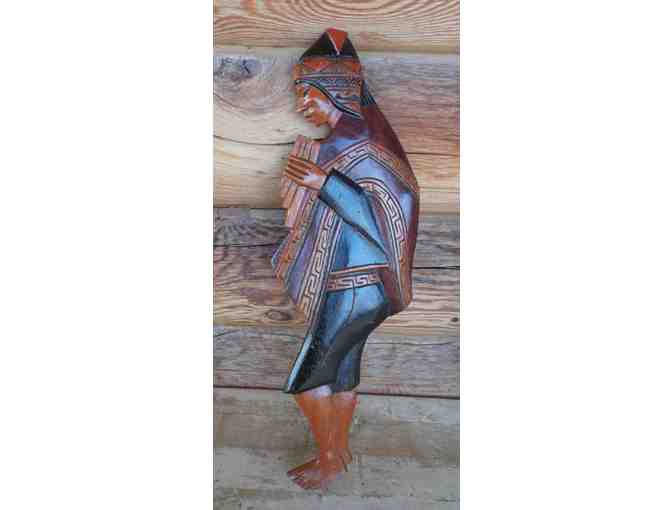
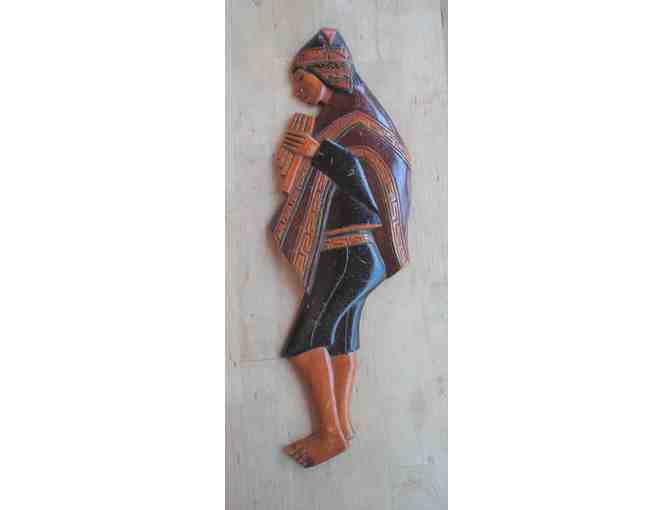
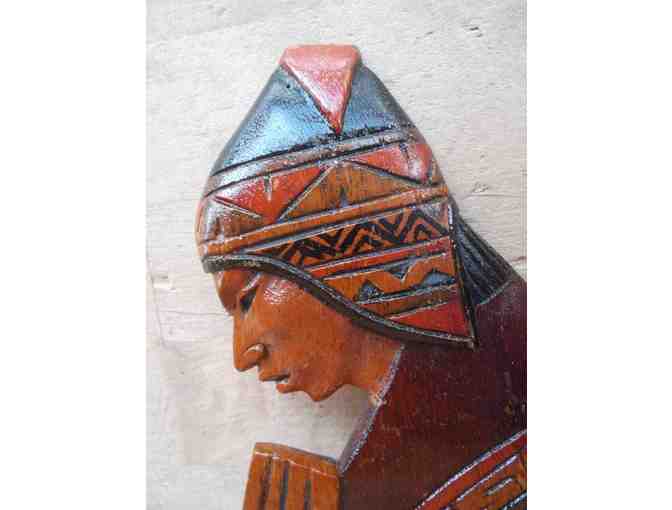
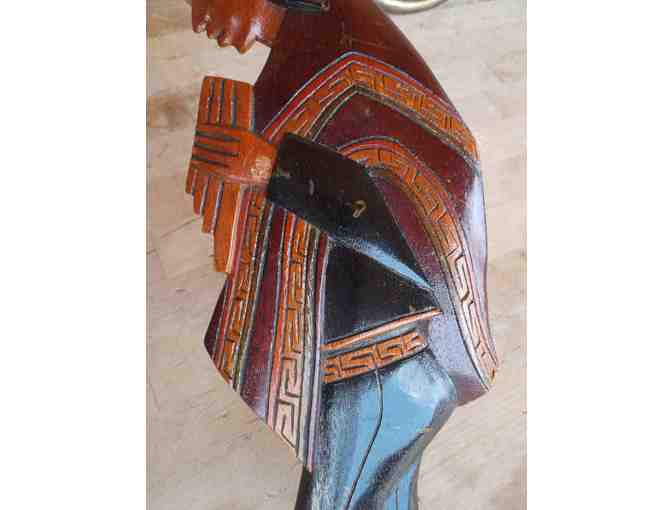
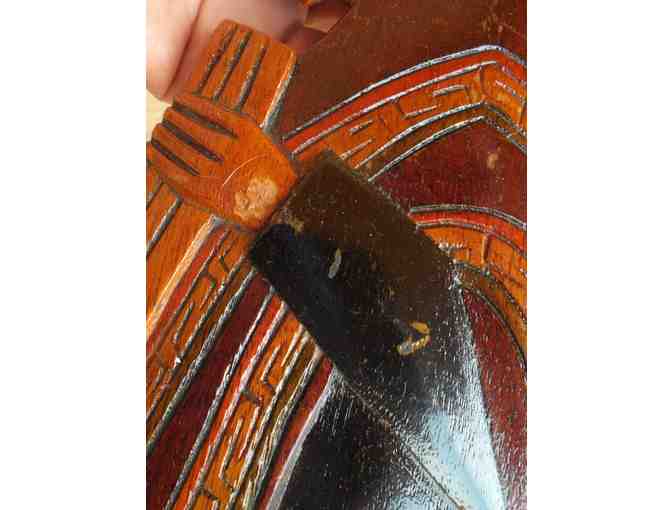
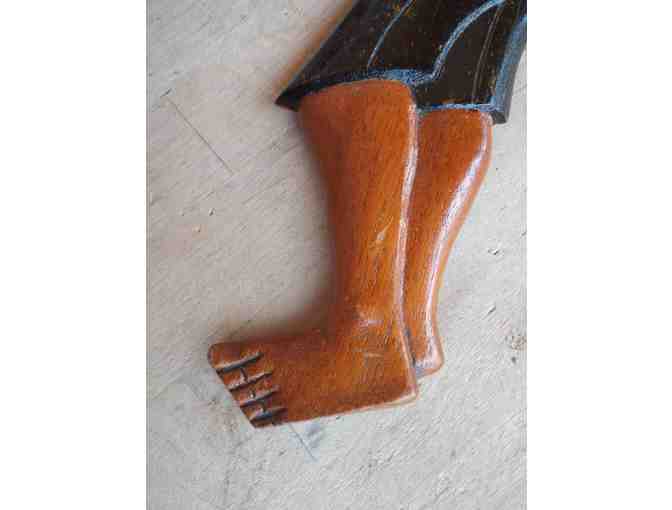
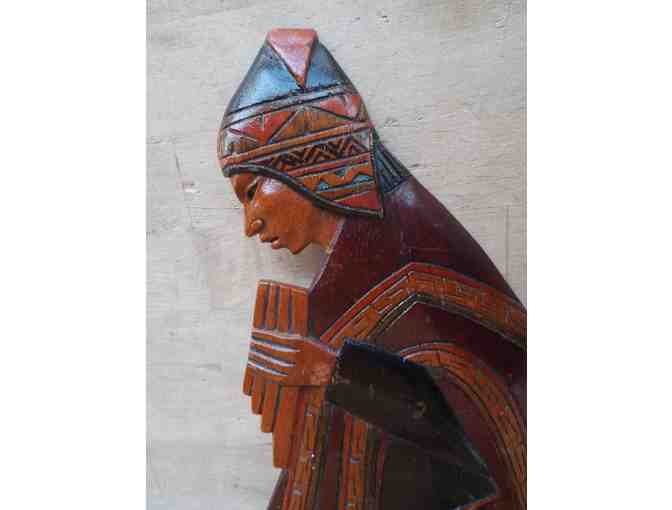

 Alpaca Owners Association, Inc.
Alpaca Owners Association, Inc.
 Deb Christner
Deb Christner
 New Era Fiber
New Era Fiber
 Joy Conwell
Joy Conwell
 Openherd
Openherd
 Jennifer Hack
Jennifer Hack
 Fleeces-to-Go
Fleeces-to-Go

 Pacablast
Pacablast
 Long Hollow Suri Alpacas
Long Hollow Suri Alpacas
 Fabulous Felted Fabrics
Fabulous Felted Fabrics
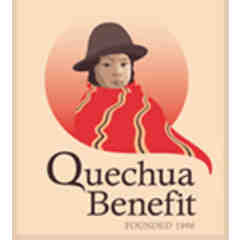 Quechua Benefit
Quechua Benefit
 Margit Korsak
Margit Korsak
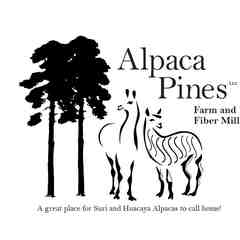 Alpaca Pines Farm & Fiber Mill
Alpaca Pines Farm & Fiber Mill
 Carol Reed
Carol Reed
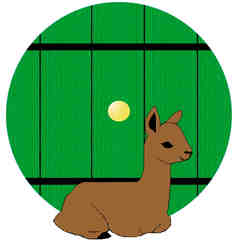 Bag End Suri Alpacas of Maine, LLC
Bag End Suri Alpacas of Maine, LLC
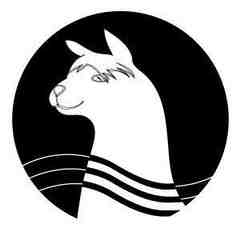 Salt River Mills
Salt River Mills
 Sandollar Alpacas & Leather
Sandollar Alpacas & Leather